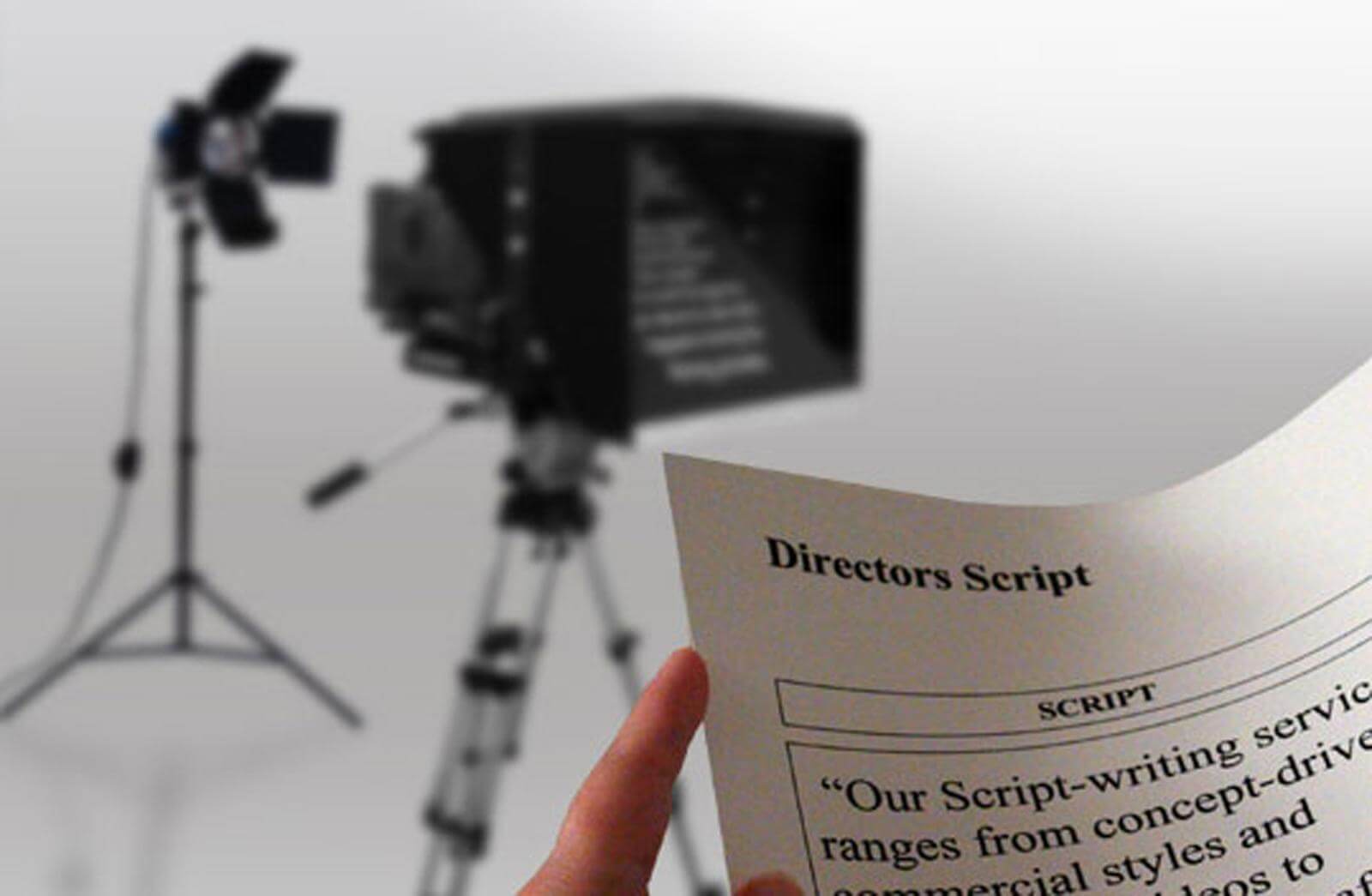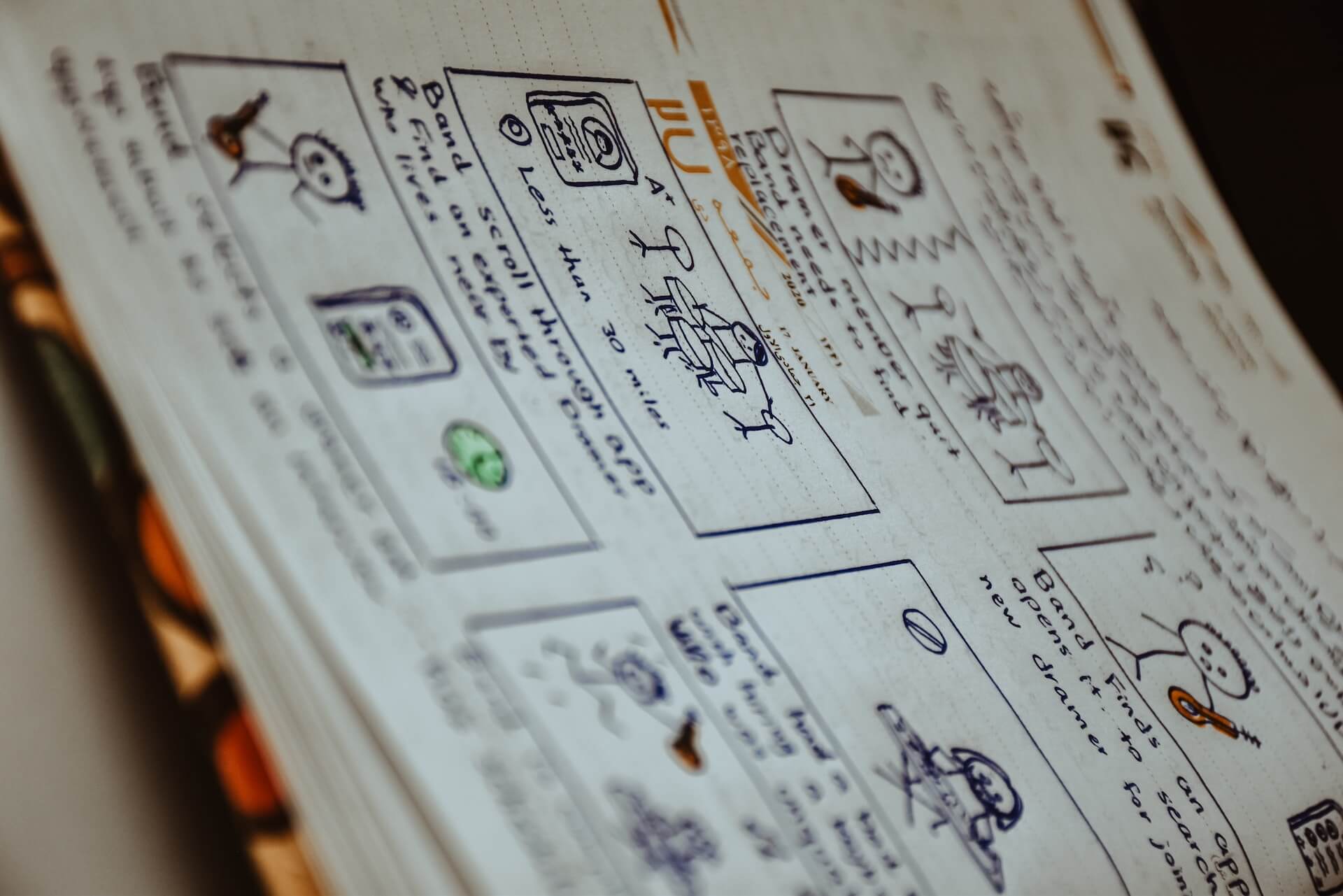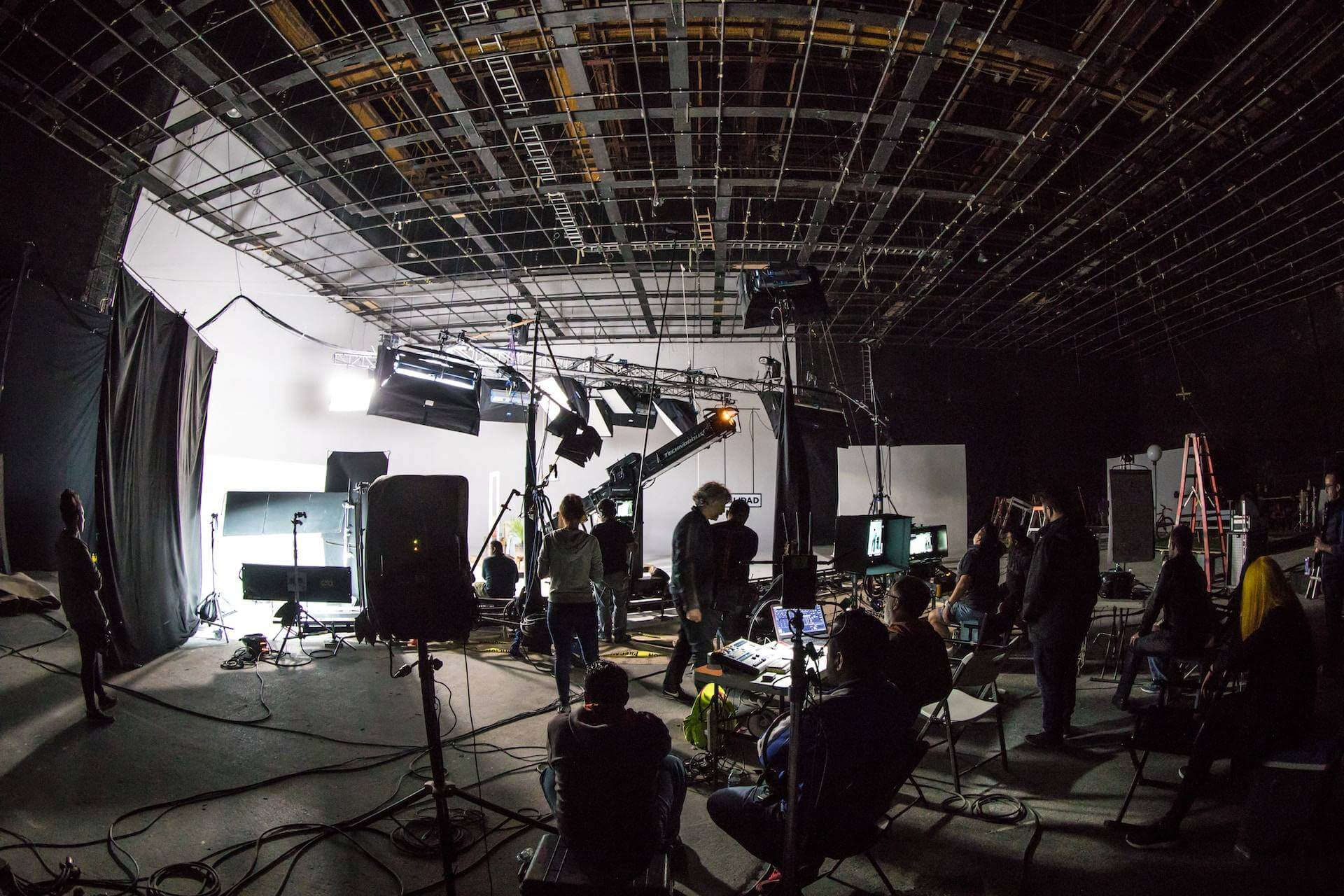The universe of film is greatly aggressive. You may have the best film idea ever, yet in the event that your content isn’t written effectively, there’s a high shot it will never at any point get read. Follow these tips to boost your odds of seeing your writing on the big screen.
UNDERSTAND WHAT A SCRIPT IS
The movie script, or screenplay, traces the majority of the components that are required to narrate a story through films or TV. A script is never crafted by one individual. Rather, it will experience amendments and changes, and eventually will be deciphered by the producers, directors, and on-screen actors. You should always compose your movie script in a way that incorporates the visual and sound-related parts of the story. Concentrate on composing pictures and sounds.
READ THE SCRIPTS OF SOME OF YOUR FAVOURITE MOVIES.
Find film script on the web and choose what you like about them. Discover how the action is depicted, dialogue is composed, and characters are produced.
FLESH OUT YOUR CONCEPT
If as of now, you have an idea you need to write on, draw out all the fundamental plot details, connections, and personality qualities that will guide your story. Which components are the most essential to your idea? How do your characters collaborate and why? What’s your bigger point? Are there any plot gaps? Compose notes addressing these points in any format you see fit.
OUTLINE YOUR STORY.
Start with an essential stream of your story. Concentrate on the conflict of the story; conflict drives drama. Remember length of the movie script matters.
WRITE YOUR STORY IN THREE ACTS.
The pillars of a screenplay are the Three Acts. Each act can work autonomously, and when taken together give the full circular segment of a story. Act One: This is the set-up for the story. Present the world and the characters. Set the tone of the story. Present your hero, and start exploring the conflict that will drive the story. Act Two: This act is the primary part of the story. The hero will experience snags on the way to the resolution of the conflict. Act Three: In the third act, the story achieves its goals. The third act contains the twist of the story, and closures with the last encounter of the objective.
ADD SEQUENCES. Sequences are parts of the story that work to some degree autonomously from the principle conflict. They have a starting, centre, and end.
START WRITING SCENES. Scenes are the events of your film. They happen in specific areas and dependably serve to drive story forward.
BEGIN WRITING DIALOGUE. When you have scenes, you will have characters communicating. Dialogue can be one of the hardest things to compose. Each character needs its very own particular, acceptable voice.
Likewise remember that except if the script writer is as of now known, has associations, or is greatly bankable, a long movie script doesn’t have a practical possibility of getting picked up. On the off chance that the story you have to tell can’t be dense into two hours of screen time, you may be in a better situation transforming it into a novel.




